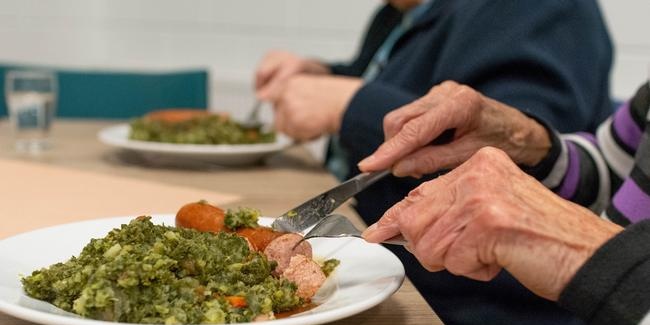Food neophobia can affect health |
|
Neophobia or fear of new foods is a condition in which people can develop an irrational aversion to unfamiliar or new foods. A new study has shown that foodborne neophobia can lead to poor nutrition and even increase the risk of chronic disease. A study found that people with a phobia of new foods or ingredients may increase their risk of serious lifestyle-related illnesses, including type 2 diabetes and cardiovascular disease. With food neophobia, a person refuses even to try new products. The condition is considered an abnormal eating behavior, and this study says it can affect a long-term healthy person, raising risk factors for a number of chronic diseases.
In the study, the researchers studied participants between the ages of 25 and 74 over a seven-year follow-up period. The researchers looked at the participants' health-related biomarkers, such as levels of fatty acids, citrate, high density lipoprotein (HDL) or good cholesterol, etc.
Mironova A. (based on materials nutrition.org) Similar publications |
| 5 tips to help you cut belly fat | These all-powerful vitamins |
|---|
New recipes
 A new study has shown that foodborne neophobia can lead to poor nutrition and even increase the risk of chronic disease.
A new study has shown that foodborne neophobia can lead to poor nutrition and even increase the risk of chronic disease. Research titled Nutritional Neophobia Associated with Poor Nutritional Quality, Metabolic Risk Factors, and Increased Risk of Disease Outcome in Population Groups in the Metabolomics Study was published in the American Journal of Clinical Nutrition. The study was conducted by researchers from the Finnish National Institute of Health and Welfare, the University of Helsinki and the University of Tartu in Estonia.
Research titled Nutritional Neophobia Associated with Poor Nutritional Quality, Metabolic Risk Factors, and Increased Risk of Disease Outcome in Population Groups in the Metabolomics Study was published in the American Journal of Clinical Nutrition. The study was conducted by researchers from the Finnish National Institute of Health and Welfare, the University of Helsinki and the University of Tartu in Estonia. There was a negative association between the severity of food neophobia and the level of omega-3 fatty acids. The researchers also observed decreased nutritional quality, increased fasting serum insulin levels, and an increased risk of type 2 diabetes in people who were nonophobic. The study concluded with the words:
There was a negative association between the severity of food neophobia and the level of omega-3 fatty acids. The researchers also observed decreased nutritional quality, increased fasting serum insulin levels, and an increased risk of type 2 diabetes in people who were nonophobic. The study concluded with the words:









